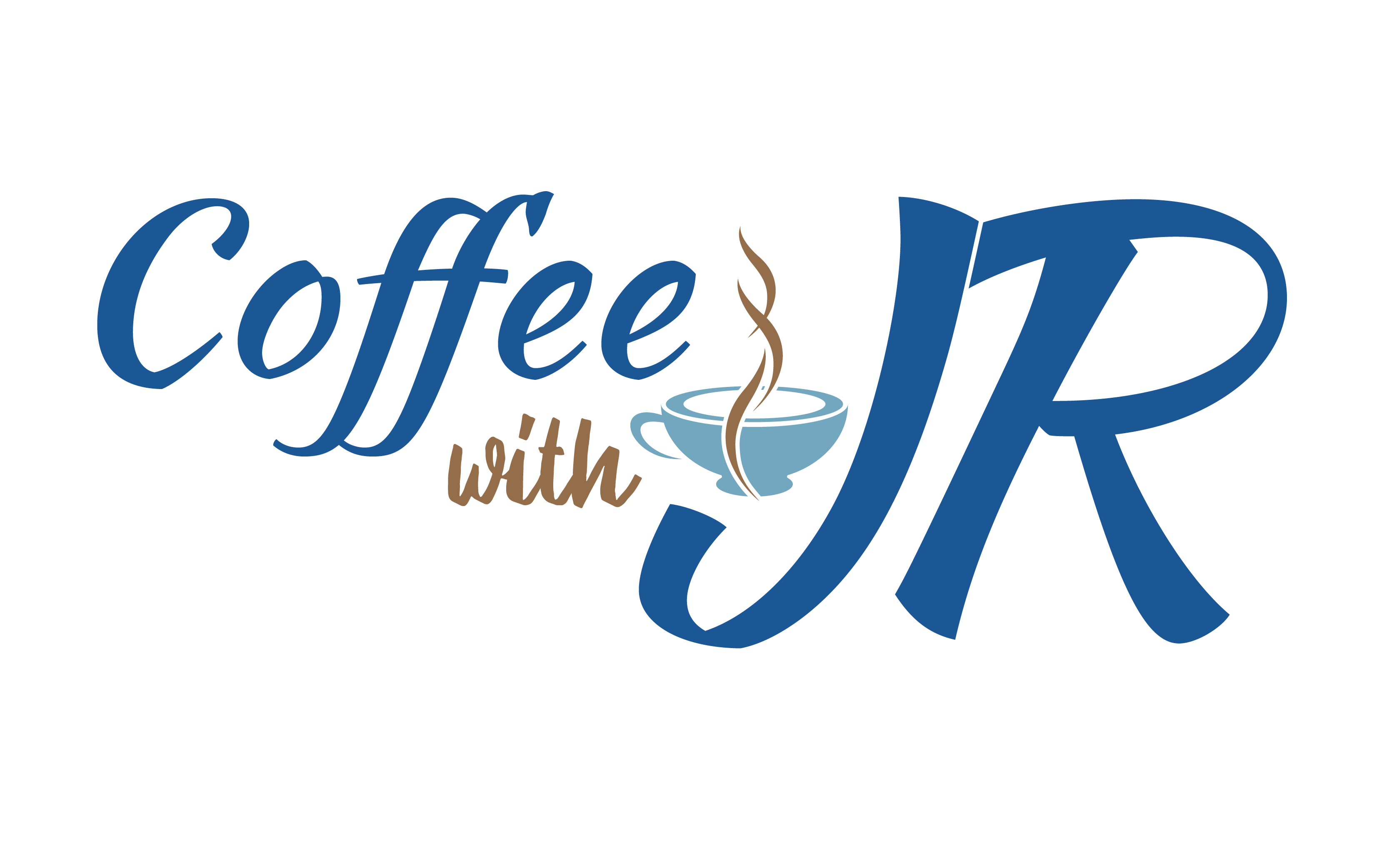
“I remember my grandfather telling me how each of us must live with a full measure of loneliness that is inescapable, and we must not destroy ourselves with our passion to escape the aloneness.”
— Jim Harrison
For the past several years, I have been fortunate enough to travel abroad during the last week of June and the first week of July. One of the reasons I prefer to travel during this time of year is that I no longer enjoy the 4th of July celebration. Don’t get me wrong, I love the U.S. and I am proud to be a citizen. That being said, I often joke that “I love America, but I can’t stand ‘Merica anymore.”
This year, because of two important work-related contracts, I couldn’t take the trip. The deadlines for both contracts fell in the first week of July and I thought I had to work over the July 4th weekend. However, I was quite productive and I completed all the deliverables for both contracts weeks ahead of schedule.
That should have been great news, something to be proud and happy about. But when I realized that my other major projects wouldn’t start until August and I had no plans for the next three weeks, I started getting stressed out, experiencing a low-key panic attack. A friend made fun of me, saying that I am a victim of my efficiency.
For the past four months, I have immersed myself in a fast-paced work mode. Suddenly, I found myself sitting at home, bored out of my mind. Being bored wasn’t all that bad, but the worst part was that I couldn’t unwind and relax. My brain and emotional state were stuck in work mode, and I couldn’t escape from it. How bad did it get? I started cleaning and reorganizing my place for no apparent reason (I’m not a messy person, but I hate doing housework).
Looking back, I noticed this wasn’t the first time I’d become stuck in limbo with this dilemma, and since I had the time and was bored out of my wits, I decided to dissect this psychological and mental health pattern of mine. Like many emotional and mental health challenges, there were different levels and components.
First and foremost, like many men and business owners, my identity is associated and wrapped around my work and profession. My identity as an educator and professional speaker often supersedes my Asian/Taiwanese American identity. Almost everything in my current life is built around my work. I work whenever I can and whenever I am bored. The underlying fear is that if I don’t have my work, then who am I?
Another level of my work identity is the need to “hunt” and be productive. Maybe due to the millennium of evolution and as a byproduct of being a male, I always feel compelled to pursue the next project and beat the next task. This process rejuvenates my life, gives me a thrill, keeps me psychologically and emotionally occupied, and provides some form of meaning and purpose to my life despite the many challenges and uncertainties that come with it.
The second cause is my good old buddy, Anxiety. I have written about this before in my blog post called “Is This How I Want to Live, Anxiety?” The combination of expectations and pressure from the “hustle culture” and always overworking, and an immigrant survivalist mindset that I have to work harder, be productive and prove myself, to build up my safety net, can be mentally and emotionally challenging when I try to take a break. Even when I know I need to take a breather, my anxiety often prohibits me from slowing down.
The third cause is regret. My mind keeps telling me that I should have booked that flight to Scotland or Amsterdam and now I am “stuck” here. YOLO, so I should NOT have played it safe. A lot of “should haves” flying around in my head.
The last challenge is unwinding, which can result in the inability to shift gears and adapt. According to a study by Scott Schieman of the University of Toronto in the Harvard Business Review, 50% of people bring their work home with them. This means that many people have a hard time unwinding from work on a daily basis. Another example I’ve observed is that many people either bring their work laptop/phone on their vacation or plan to do some work while on vacation. Based on my friends’ experiences and my own, once we arrive at our vacation destination, on average it takes about two to three days to fully decouple from work. In all the trips I have taken, I have found myself still answering emails on the day of travel and during the first two days of vacation.
This shows that it can be extremely challenging for people to shift gears mentally and emotionally. The main reason is that it’s hard to let go of things. Old habits die hard. Most people are creatures of habit and routines. Whether it’s work, or something we love or hate doing, once we start doing them repeatedly, we get used to them and find some “comfort” in them. Breaking away means letting go of something familiar and embracing something foreign. And this can be uncomfortable and scary, even if it’s something like a vacation or engaging in new activities that are good for your health and mental well-being.
Solutions
With a better understanding of my challenges, I started working on healing myself and transforming some of these challenges.
First, I love my job and I am proud of my work and professional identity. At the same time, I really need to put more effort into decoupling my identity from my profession, or at least setting some boundaries. At this moment, I don’t know exactly how I can do this yet. Two decades of living in survival mode have caused me to neglect my hobbies. Maybe it’s time for me to rediscover my hobbies and find other interests that I can pursue.
Second, to tackle my anxiety, I have to practice what I preach. In my blog post “Is This How I Want to Live, Anxiety?” I outlined six steps to “chill the fuck out” and calm my anxiety:
- Observe my anxiety and build a deeper awareness of it.
- Reflect and try to understand the causes of my anxiety. Instead of being ashamed, fearful, and hating my anxiety, I learn to appreciate it because it is one of my survival skills and has been keeping me alive.
- Slowly learn to be comfortable with my fear and anxiety, even though it can be unpleasant.
- Acknowledge and recognize that my anxiety is and will always be here.
- Build the capacity to coexist with my anxiety, so I will be able to gradually manage it by replacing or transforming it with other more positive emotions and feelings.
- Repeat steps 1 to 5 over and over again.
I noticed that the best time to practice these six steps is when I’m out hiking or going on a long walk. During these hikes and walks, I intentionally don’t listen to any music or podcasts. I simply try to be one with myself. Yes, it can be challenging and lonely. But once I become comfortable with myself, I feel incredible and free.
Third, to deal with my regrets, I need to remind myself to stop comparing Scotland and Colorado. We know that too much comparison can lead to low self-esteem, which results in frustration with oneself for not being good enough.
Along these lines, my friend Ivana Polonijo encouraged me to ask myself these questions: “Why am I beating myself up?” and “What is the purpose of beating myself up?” Upon reflecting on these questions, I realized that I have been putting unnecessary pressure on myself. So, I’ve decided to let go of this comparison mentality by reframing the narrative in my head.
I tell myself that while Scotland sounds amazing, Colorado is beautiful during the summertime, too. Even though I have done a lot of adventuring in Colorado, such as hiking many different mountains and visiting mountain towns, there are still many other new things I haven’t tried yet. I need to stop making excuses in my head, such as whether it’s too crowded, too much work, and whether it will be worth my time. Instead, I need to tap into my curiosity again and wonder about the new possibilities and opportunities that I can experience.
Lastly, I remembered a conversation I had with my friend Joe Towne a couple of years ago about unwinding. Joe is a professional actor who has been on TV shows and movies. We talked about the amazing rush of performing on the stage or in front of a camera, and the emotional crash that follows when the show ends, especially if you’re driving home alone. Joe told me that it has taken him many years of intentional practice to learn to cope with the downward spiral and to prevent himself from going from a high-high to a low-low.
Just like any healthy behavior, we need to learn to unwind and relax. For certain people, and speaking for myself, due to past trauma, it can be challenging to lighten up. Thus, the ability to completely chill out does not come naturally. Again, this is something that I am still learning.
One thing I know for sure is that everyone relaxes differently, and the time it takes to unwind varies. Instead of trying to force myself to loosen up, sometimes I just need to allow my body, emotions, and mind to go through this weird limbo state of transition while I reach an equilibrium. It’s like hiking – we have to climb up the steep slopes and break a sweat to enjoy nature and the views from the top.
By implementing these solutions and continuing to work on them, I hope to break free from the work mode and find a balance that allows me to unwind and relax while still maintaining my productivity and professional identity. It’s a journey, but one that I’m committed to undertaking for the sake of my mental health and overall well-being.
Image by 愚木混株 Cdd20 from Pixabay

Recent Comments